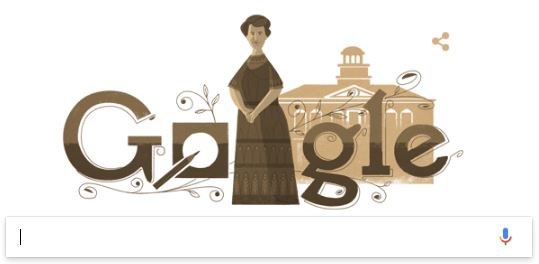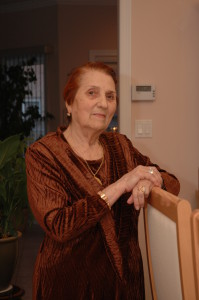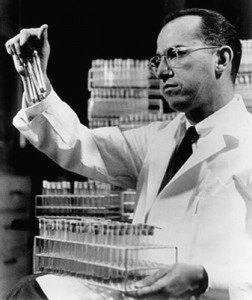A Great Pioneer for Women’s Rights
Aletta Henriëtte Jacobs (1854-1929) was born in a small village in the Netherlands, the eighth of twelve children. Growing up, she often accompanied her doctor father to work and developed a passion for medicine. Unfortunately, medical school (as well as high school) was barred to women at the time. Undeterred, Jacobs studied on her own, and passed the exam to become a pharmacist. This made her quite famous, and in 1871 the Dutch Prime Minister personally granted her permission to attend the University of Groningen. Jacobs was the university’s first female student, and eight years later became the first female physician in the Netherlands. During a brief period of study in London, Jacobs joined a group of suffrage activists and became a noted feminist. She discovered the need for effective contraceptives for women, and back in Amsterdam, starting to work on a new type of diaphragm. Many credit her as a co-inventor of the device. Jacobs opened her own medical clinic, focused on serving the poor. She fought tirelessly to alleviate the terrible living conditions of Amsterdam’s impoverished neighbourhoods, campaigned for public housing, worker’s rights, and for an end to prostitution. By 1903, Jacobs left the field of medicine and devoted herself full time to women’s rights. She traveled around the world to speak about women’s issues, and inspired many along the way. She also wrote regularly for a Dutch newspaper. During World War I, she was a staunch peace activist, meeting with European leaders to stop the conflict. She even met with US President Woodrow Wilson in 1915 to try to convince him to mediate an end to the fighting. In 1919, Jacobs saw the fruits of her labour when the Netherlands finally granted women the right to vote. She continued her important work until the last days of her life. Jacobs is included in the official ‘Canon of Dutch History’, which is taught in all primary and secondary schools in the Netherlands.
Words of the Week
I will insist that the Hebrews have done more to civilize men than any other nation… They have given religion to three quarters of the globe and have influenced the affairs of mankind, more and more happily than any other nation, ancient or modern.
– John Adams, 2nd President of the United States, in a letter to F.A Van der Kemp, 1809




